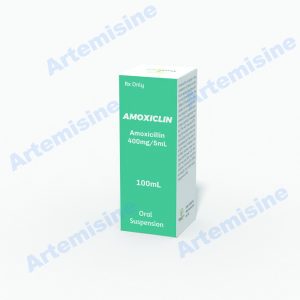Suspension medicines represent a pharmaceutical formulation where solid particles are dispersed in a liquid medium. This category of medicines offers a versatile and effective means of delivering therapeutic agents to patients. Suspensions are widely used across various medical applications due to their unique properties and benefits.
**Composition and Characteristics:**
Suspensions consist of finely divided, insoluble particles suspended in a liquid vehicle. The particles may be in the form of powders or crystals, and they remain dispersed throughout the liquid due to the presence of suspending agents. These suspending agents prevent the settling of particles, ensuring uniform distribution and ease of administration.
**Administration Routes:**
Suspension medicines are formulated for different routes of administration, including oral, topical, and injectable. Oral suspensions are particularly common, providing an alternative to tablets or capsules, especially for pediatric and geriatric populations. These formulations often incorporate flavoring agents to enhance palatability.
**Benefits of Suspensions:**
1. **Flexible Dosing:** Suspensions allow for flexible dosing, as the solid particles can be homogenously distributed in various concentrations.
2. **Enhanced Bioavailability:** The use of insoluble particles can enhance the bioavailability of certain drugs by improving absorption rates.
3. **Ease of Swallowing:** Oral suspension medicines are advantageous for individuals who have difficulty swallowing solid dosage forms, making them a preferred choice for patients with specific medical conditions or age-related challenges.
**Applications:**
Suspension medicines are utilized in various therapeutic areas. For example, antibiotics, antacids, and anti-inflammatory drugs are often formulated as oral suspensions. Topical suspensions may include dermatological preparations for skin conditions, providing localized treatment.
**Pharmaceutical Formulation:**
The formulation of suspensions requires careful consideration of factors such as particle size, stability, and the choice of suspending agents. Pharmaceutical scientists work to optimize these formulations to ensure the efficacy, safety, and patient acceptability of the final product.
**Stability and Storage:**
Proper storage is crucial to maintain the stability of suspension medicines. Factors such as temperature, light exposure, and container materials are carefully considered during manufacturing and storage processes to prevent sedimentation or changes in particle distribution.
In conclusion, suspension medicines play a vital role in pharmaceutical formulations, offering a versatile and patient-friendly option for drug delivery. The continuous refinement of suspension formulations contributes to improved patient adherence, ease of administration, and enhanced therapeutic outcomes across a range of medical conditions.











